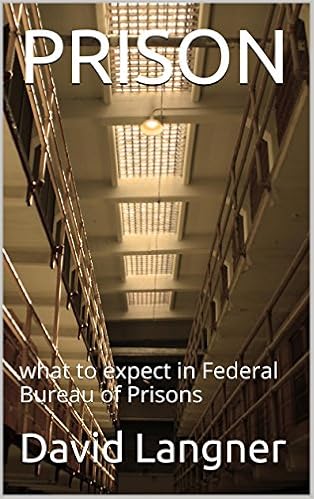 |
| no more beach for this Quincy man |
A Massachusetts man scammed a law firm out of money but the law firm had the last laugh. read on..
"A Quincy man was arrested today for using counterfeit cashier’s checks to defraud victims, including law firms, of at least $1 million.
Manuel Ponce Vazquez, 59, was arrested this morning and charged by complaint with one count of mail fraud.
As alleged in the complaint, beginning in August 2013, Vazquez defrauded law firms and other victims by sending them counterfeit cashier’s checks, then convincing them to forward a portion of the checks’ supposed value to a bank account he opened using an alias. Once the checks were discovered to be fraudulent, the victims’ bank accounts were debited, and the victims were left with thousands of dollars in losses, having unwittingly forwarded their own money to Vazquez.
In one scam described in the complaint, Vazquez or a co-conspirator allegedly posed as a member of a London architectural firm seeking to retain a California law firm to help him collect a debt. Before the law firm took any action to collect the supposed debt, it received a cashier’s check, ostensibly from the debtor, fully repaying the debt. At the direction of Vazquez or his co-conspirator, the law firm deposited the check, kept a small portion as a fee, and forwarded the remainder—$97,035—to a bank account Vazquez had opened in an assumed name. Within a day of receiving the money, the complaint alleges, Vazquez had withdrawn almost all of it from bank branches in and around Braintree. When the law firm’s bank discovered that the cashier’s check was fraudulent, the bank debited the value of the check from the law firm’s account.
The charging statute provides a sentence of no greater than 20 years in prison, three years of supervised release, a fine of $250,000 or twice the gross gain or loss involved in the scam, and restitution. Actual sentences for federal crimes are typically less than the maximum penalties. Sentences are imposed by a federal district court judge based upon the U.S. Sentencing Guidelines and other statutory factors."
My cousin told me someone wanted to pull off the same scam where he sends you an alleged money order and you put it in the bank and you send him the difference but the problem is that the money order is counterfeit.
What can this person expect in jail? Go here....http://www.amazon.com/PRISON-expect-Federal-Bureau-Prisons-ebook/dp/B011GTWLOG

No comments:
Post a Comment